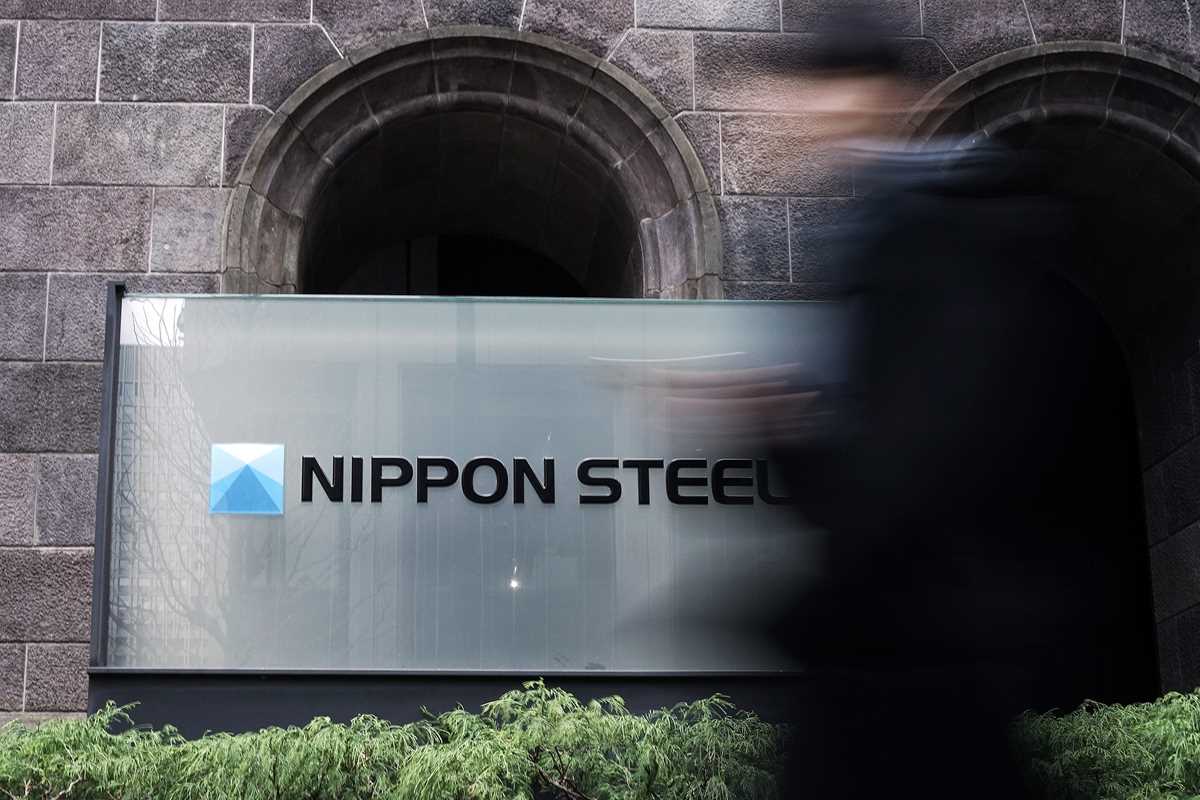China's Call for Global Peace Amid Conflicts
Chinese Defense Minister Dong Jun stresses negotiations as the sole solution to crisis hotspots like Ukraine and Gaza at the Xiangshan Forum.
Published September 14, 2024 - 00:09am

Image recovered from tass.com
The Xiangshan Forum, held annually in Beijing since 2006, serves as a global platform for discussion on military diplomacy and international security. This year's 11th session, unfolding from September 12-14, featured key remarks from Chinese Defense Minister Dong Jun, who underscored that peace negotiations and political settlements are the only viable solutions for resolving crises such as the Ukrainian conflict and the Israeli-Palestinian dispute.
Addressing an audience of about 1,800 representatives from over 100 countries, Dong Jun was forthright in his assessment. Promoting peace negotiations and political settlement remains the only basic solution for resolving the Ukrainian crisis, the Israeli-Palestinian conflict, and other pressing issues, he stated. Dong's speech positioned China as a mediator advocating for fair resolutions free of geopolitical self-interests and double standards.
The Xiangshan Forum themed under Promoting Peace for a Shared Future, reiterated China's stance on international conflicts, emphasizing the necessity of understanding their root causes to achieve lasting peace. China is increasingly seeking to establish itself as a peace-broker on the global stage, an ambition reflected in Dong's repeated calls for avoiding confrontations and prioritizing dialogue and reconciliation.
Among notable attendees were military leaders from Russia, Singapore, Iran, Germany, and the US. America's deputy assistant secretary of defense, Michael Chase, represented the US at a forum aiming to ease tensions amid conflicting interests, particularly regarding the status of Taiwan and the South China Sea disputes, a hotspot for China-US confrontations.
Dong's remarks also highlighted regional security concerns. The South China Sea has witnessed significant militaristic standoffs, especially between Chinese and Philippine naval forces. These tensions underscore the urgency of regional unity, as Dong advised countries to strengthen their internal cooperation and hold regional security firmly in their own hands.
In another prominent address, Chinese defense chief reiterated, To resolve hotspot issues such as the crisis in Ukraine and the Israeli-Palestinian conflict, promoting peace and negotiation is the only way out. There is no winner in war and conflict, and there is no way out of the obsession confrontation. This aligns with Beijing's longstanding narrative of being a stabilizing force advocating for international accord.
Furthermore, Dong denounced the proliferation of national security concepts and implied criticisms towards the US and European technological barriers against China as impediments to global progress. The forum's agenda also included discussions on the multi-polar world's security dynamics, the burgeoning China-US rivalry, and the recent security developments across Europe and Asia.
Parallel to these discussions, Maya Fernández, Chile's Defense Minister, held bilateral meetings with Dong Jun. Both sides committed to expanding their defense cooperation amidst the Xiangshan Forum. Fernández's visit, spanning from September 9, aims to rekindle and enhance bilateral exchanges in sectors hit by the COVID-19 pandemic, including academic and technological collaborations.
While reiterating support for the “One China” policy, Chile is poised to deepen strategic cooperation with Beijing, seeking mutual benefits in defense and space technologies. Fernández's engagements covered dialogues with top Chinese aerospace and defense figures, reflecting Santiago's commitment to bolstering military ties with Beijing.
The Xiangshan Forum continues to serve as a critical platform for China to articulate its vision for global security and advocate for peace through diplomacy, while also subtly addressing geopolitical tensions and working towards solidifying its position in international military diplomacy.








